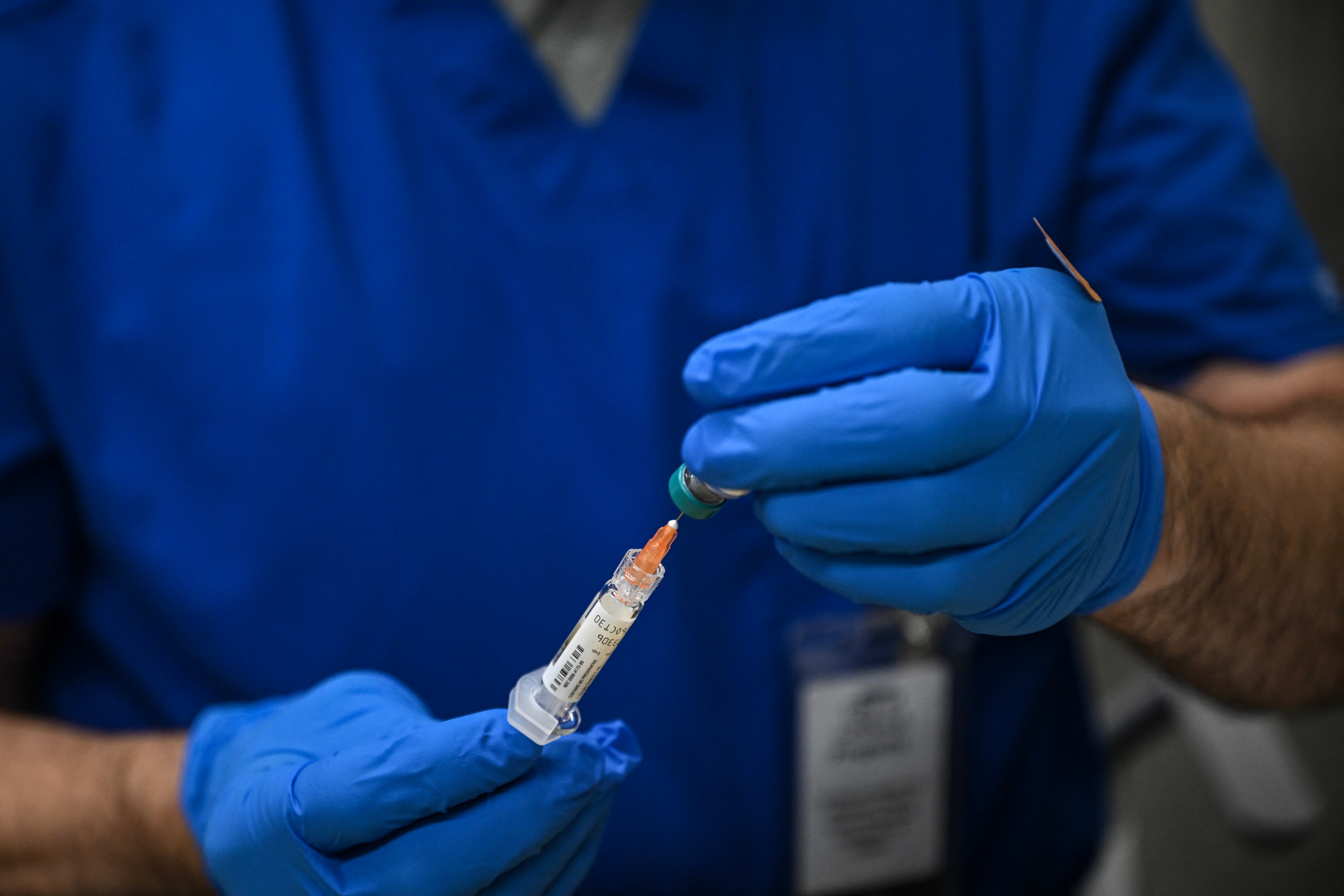ARTICLE AD BOX
Confirmed cases of measles have now been reported in 30 states, according to the Centers for Disease Control.
In a recent update, the CDC said a total of 1,024 cases of the disease across the U.S., as well as 14 outbreaks – defined as three or more related cases – had been reported since the beginning of the year.
According to the agency, the states affected are: Alaska, Arkansas, California, Colorado, Florida, Georgia, Hawaii, Illinois, Indiana, Kansas, Kentucky, Louisiana, Maryland, Michigan, Minnesota, Missouri, Montana, New Jersey, New Mexico, New York State, North Dakota, Ohio, Oklahoma, Pennsylvania, Rhode Island, Tennessee, Texas, Vermont, Virginia, and Washington.
New York City has also seen cases, according to the CDC.
The CDC says that so far, 13 percent of all cases have resulted in hospitalization, and there have been three deaths in total.

The majority of the cases have been reported in Texas, with the state Department of Health reporting on Tuesday that it had grown to 722 since its first outbreak in January.
Texas has 92 patients hospitalized and two school-aged children confirmed dead from the illness since the start of the outbreak.
New Mexico is the state with the second-highest number of measles cases in the country; 65 of the state’s 74 confirmed cases have been reported in Lea County, with one death. The county is around 47 miles from Gaines County, Texas, where the vast majority of Texas’ measles cases have been reported.
The Kansas Department of Health and Environment reported 56 confirmed cases as of Wednesday.
According to the CDC, 92 percent of the total cases (947 of 1,024) are outbreak-associated. In contrast, 16 outbreaks were reported during 2024 and 69 percent of cases (198 of 285) were outbreak-associated.
Texas is a state whose residents are among the most vaccine-averse in the nation, and their position has been boosted by Health and Human Services Secretary Robert F. Kennedy Jr, who has a reputation for long speaking out against vaccinations, and initially downplayed the significance of a resurgence of measles in the U.S., where it had been nearly eliminated by 2000 due to vaccinations.
In March Kennedy urged measles treatment with vitamin A, a certain steroid and antibiotics, none of which are supported by the medical community as a substitute for measles vaccines. He finally last month endorsed the MMR vaccine in a post on X as the “most effective way to prevent the spread” of measles.
The American Public Health Association has called Kennedy a “danger to the public’s health,” citing his promotion of “unscientific theories” and reduction of funding and staff to treat public health crises.









 English (US) ·
English (US) ·